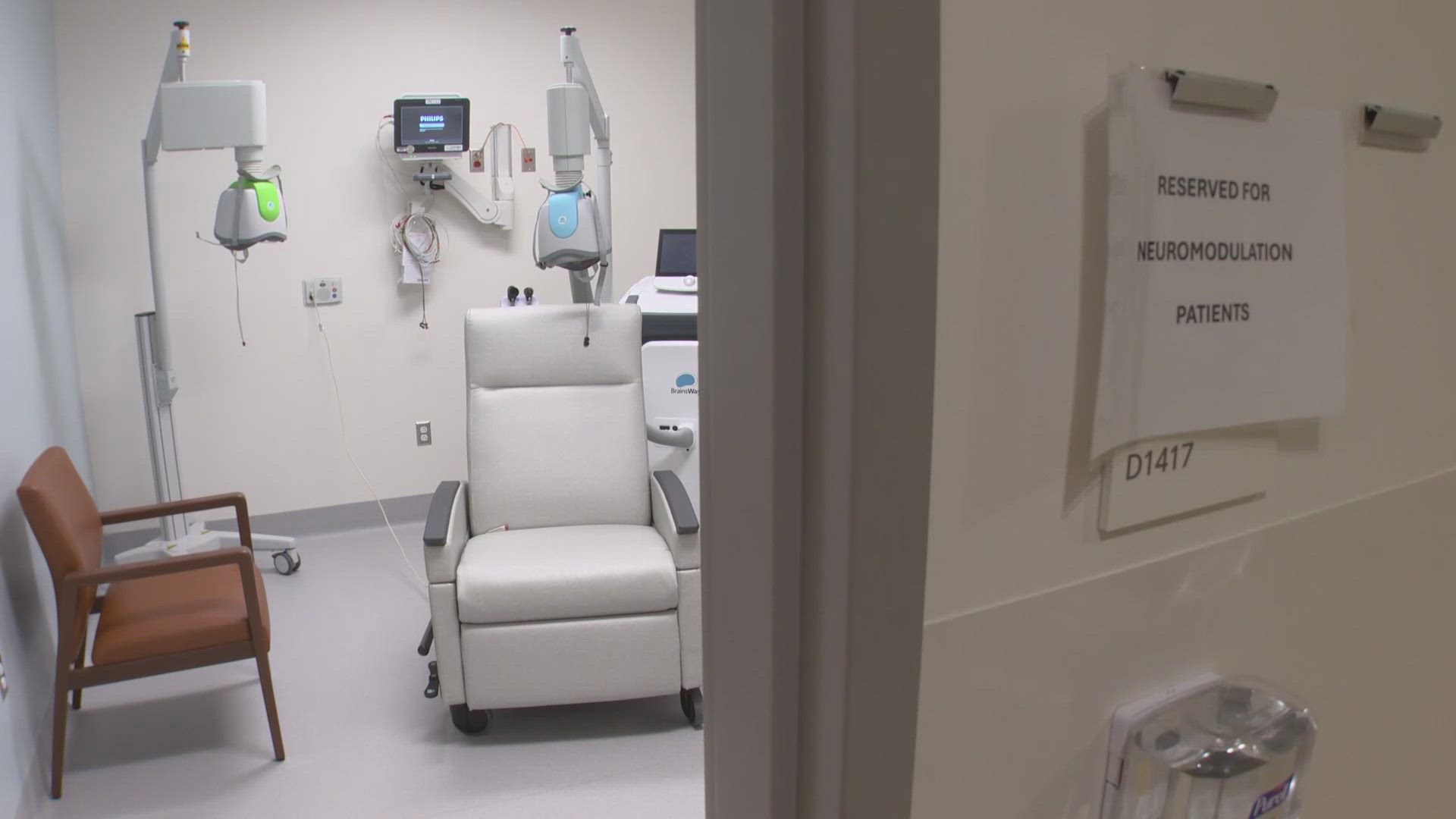SEATTLE — UW Medicine is unveiling what it calls a new era for behavioral health care.
A brand-new facility aims to tackle several problems including the need for increased hospital care and more workforce training.
On Wednesday, about 90 people gathered to celebrate the opening of UW Medicine’s Center for Behavioral Health and Learning. Some outpatients are already being seen at the facility, and inpatient treatment will start next month.
"In our role as the state's public hospital system and safety net, UW Medicine often provides services that are available nowhere else," said Dr. Tim Dellit, CEO of UW Medicin."The center will help address the significant behavioral health need for our state and the gap in access to these services for many members of our community."
Charity Holmes, the administrator for Behavioral Health Services for UW Medical Center, said Wednesday's ribbon-cutting was a momentous occasion.
For years, the state's been struggling with a lack of capacity to help some of the most vulnerable patients.
“Traditionally they would have been admitted to Western State Hospital and that hospital is actually changing to more of a forensic population,” said Holmes.
At the new facility in Seattle, there will be 150 total beds. That includes 75 long-term civil commitment beds, 50 acute-care medical and surgical beds for patients who also have mental health challenges, and 25 beds for geropsychiatric patients, according to UW Medicine. There will be availability for short-term psychiatric treatment and for commitments lasting 90 to 180 days.
Across Washington, 41% of the counties don't have a licensed psychiatrist. The plan is for the new space to be a learning center for the next generation.
“They can get out to these communities, establish their practice, and get to that 41% that do not have them. We've got to produce them so that they can get out to the smaller communities,” said Gov. Jay Inslee.
It took $244 million in funding to construct the six-story facility.
"This facility holds tremendous promise for our state's efforts to turn the tide on the drug-overdose epidemic that has harmed so many families and communities in our state," said Sen. Ann Rivers, R-La Center.

